Driving Inclusion: LGBTQ+ Best Practice and Benchmarking in Adult Social Care
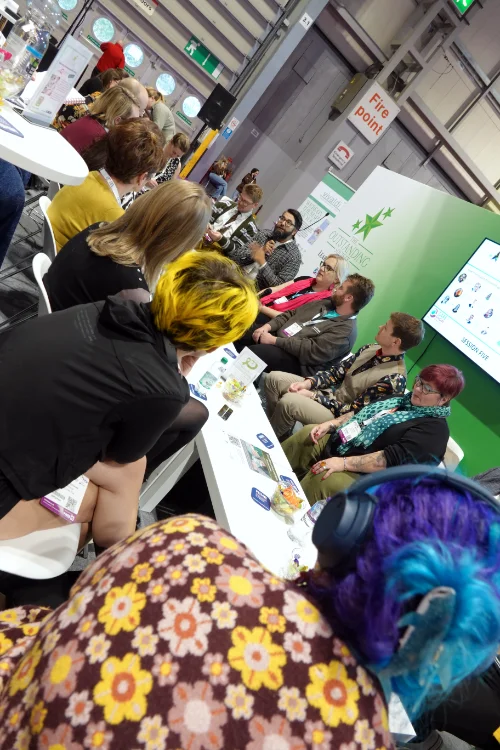
In a sector that prides itself on delivering person-centred care, it is crucial that we ensure every individual, regardless of their background or identity, is treated with dignity, respect, and understanding. In October, The Outstanding Society through its Diversity arm the OSDF hosted a ground-breaking LGBTQ+ training roundtable at the Care Show in Birmingham. Key players from across the adult social care sector, alongside people supported with care and advocates, came together to discuss how we can move beyond the traditional approach to inclusion and build something more lasting, impactful, and measurable.
What initially began as a conversation about advocating for mandatory LGBTQ+ training for care providers has evolved into a broader movement focused on accreditation, benchmarking, and best practice. This shift reflects the sector’s understanding that mandatory requirements often lead to box-ticking exercises, rather than delivering the meaningful change we need.
A Shift from Mandates to Best Practice
At the heart of the roundtable discussion was the recognition that change must be embedded in a way that encourages continuous progression and improvement. The aim now is to create a framework that empowers care providers to self-select into high-quality, benchmarked standards. This voluntary approach will encourage greater commitment, ensuring that the changes made aren’t just procedural but embedded in the culture of care.
By introducing peer-led accreditation, providers will be driven to raise the bar, offering truly inclusive and respectful care for LGBTQ+ individuals. This shift not only aligns with the desire to make long-term improvements but also fits with the CQC’s new Single Assessment Framework and quality statements, which emphasize the need for personalized, inclusive care that responds to the diversity of the population.
People Supported with Care: The Voices at the Heart of Change
The roundtable wasn’t just an industry discussion—it was an inclusive dialogue that placed the voices of LGBTQ+ individuals supported with care at the forefront. Three people supported by LDC Care, who live with learning disabilities and/or autism, attended an event in London a week before and shared their perspectives. Additionally, a person supported through the Shared Lives scheme, an often under-represented part of the sector, also attended the round table itself. Their involvement was vital in highlighting the diversity of experiences in adult social care.
These individuals, many of whom had participated in London Pride earlier this year—where adult social care was represented for the first time—shared their insights on what truly matters when it comes to LGBTQ+ inclusion in care, their voices matched the thoughts and discussion and showed the synergy and commonality of the LGBTQ+ experience whether you live or work within the sector:
Inclusion is empowerment:
The participants expressed how being involved made them feel valued and included. “We are not separate from care, we are part of it,” one person emphasised, underscoring the need to view care recipients as equal partners in their care journey.
Avoiding stereotypes and not being ‘othered’:
They shared the importance of receiving support that doesn’t box them in. “So much of what people know about being LGBTQ+ can box you in,” they said, asking for care that reflects them as individuals, not stereotypes.
Safety and allyship:
The individuals emphasized the importance of feeling safe in public, knowing their carers not only have their best interests in mind but are proud allies of the LGBTQ+ community.
Understanding LGBTQ+ diversity:
They highlighted that many people lack a full understanding of the LGBTQ+ spectrum and its various identities. Better training would help care staff meet the unique needs of each person. “It’s not just to see, it’s to understand,” they said.
Consistency and standards:
They noted the inconsistency they have experienced across different services. “Having a standard would make it fair for all people supported with care,” they observed, stressing the need for unified best practice across the sector
Trauma and trigger awareness:
it was noted across the board that lived experiences can really impact a person’s current ability and understanding and thus teaching and sharing the good and bad, the challenges and problems alongside the success will be as important to make actual change for the people that work with us and those we support.
One particularly powerful remark came from a person supported by LDC Care, who said,
This statement captured the spirit of the movement—care should be about enabling individuals to live full and adventurous lives, free from unnecessary barriers.
blockquote{
This statement captured the spirit of the movement—care should be about enabling individuals to live full and adventurous lives, free from unnecessary barriers.
Aligning with the CQC’s Quality Statements
The new CQC Single Assessment Framework emphasizes the need for inclusive, high-quality care that meets the diverse needs of individuals across the adult social care spectrum. This ties directly into the shift towards benchmarking and best practice, as care providers will now be evaluated on how well they meet personalised needs, promote equality, and embrace diversity.
The focus on Quality Statements that reflect person-centred care, dignity, and respect for all individuals, regardless of background or identity, fits perfectly with the goals set during our roundtable. The accreditation process we are working towards will help care providers demonstrate their commitment to these principles, ensuring that LGBTQ+ individuals supported with care receive not only adequate care but care that truly reflects who they are.
What’s Next: Continuing the Movement
As The OSDF move forward, they are committed to continuing this momentum. The insights gathered during the roundtable will be compiled into a white paper, which will outline the need for this new model of LGBTQ+ inclusion and offer a roadmap for its implementation. The OSDF invite feedback and contributions from across the sector, as it is critical that this movement remains a collective effort where all voices are heard.
This is not just about improving care—it’s about transforming it. By developing voluntary accreditation and benchmarking standards that reflect outstanding practice, The OSDF can ensure that care homes and providers across the UK rise to the challenge of offering truly inclusive care.
The Outstanding Society encourage all providers, policymakers, and care professionals to join them in this mission. The next stages of this initiative will involve wider consultation and development of the accreditation framework, and we invite anyone passionate about equality, diversity, and inclusion in social care to get involved.
Get Involved
If you’re interested in being part of the next stages, contributing to the white paper, or simply learning more about how you can implement inclusive practices in your care environment, check out The Outstanding Society website, as they would love to hear from you.
LINK
In lead director Sanjay Dhrona’s own words
“Let’s continue the conversation and work together to build a future where diversity is celebrated and care is outstanding for all.”


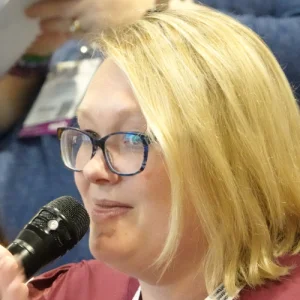

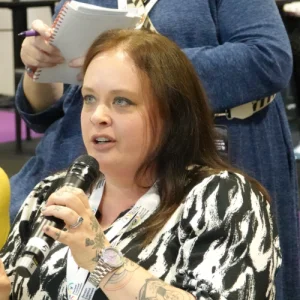
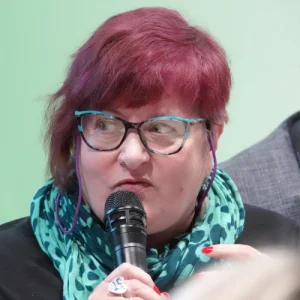
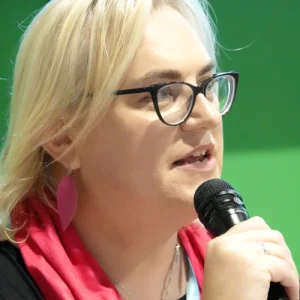

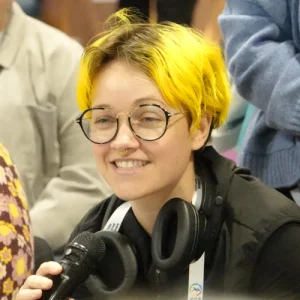
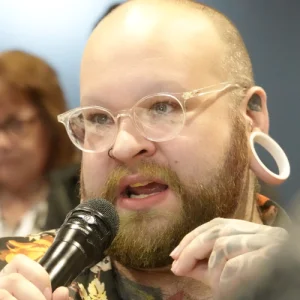
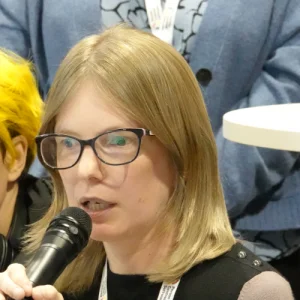
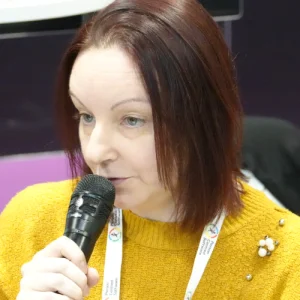
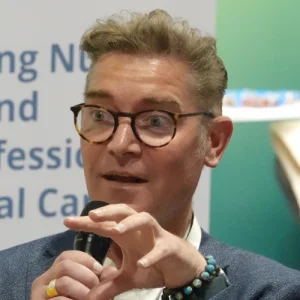
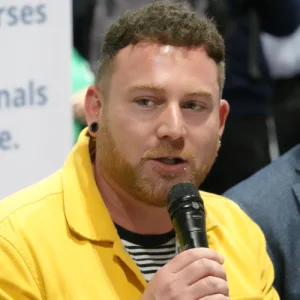

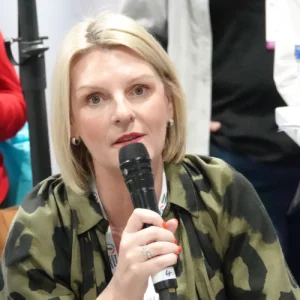

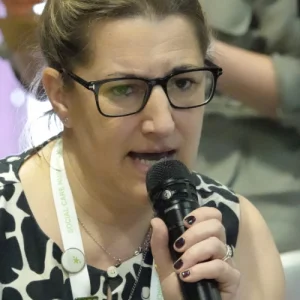
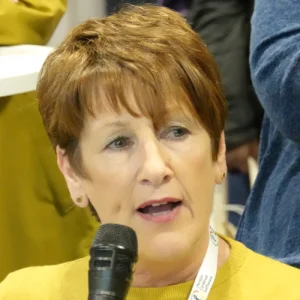
NB: All names and titles of those involved in the OSDF Round Table, Wed 9th Oct, Care Show Birmingham
Sanjay Dhrona, MD, The Close Care Home and OS Director
Zoe Fry, OBE, SCNACs Chair, South East, and OS Director
Lara Bywater, Director, LDC Care and The Outstanding Society
Jenni Page, Communications and Partnership Lead, The Outstanding Society
Hope Lightowler, Person with Lived Experience, Shared Lives Plus
Sophie Hargreaves, Senior Analyst, Shared Lives Plus
Matthew Attfield, Director, Ashfield Services
Jane Brightman, Director of Workforce Strategy, Skills for Care
Phil Harper, Senior Lecturer in Health and Social Care, Birmingham Newham University
Finn Turner Berry, Policy, Research and Projects Officer, National Care Forum
Diane Mayhew, Campaign Manager, Rights for Residents
Fraser Rickatson, Policy Manager, Care England
Rory McDonnell, CEO, Cavalry Care
Drew Hunt, Senior Marketing Officer, Painchek
Tina Wathern, Head of Education, LGBT Foundation
Melanie Crew, Senior Research Officer, Carers UK
Lee Gilbert, CMO, Nourish
Shannon Hall, Virgin Money Payments Manager, Virgin Money
Shanna Wells, Head of Marketing and Events, The Care Workers’ Charity
The Outstanding Society Community Interest Company is a limited company registered in England and Wales.
Company Number : 13434980
Quick Links
- Contact Us
- Resources
- Privacy & Data
- GDPR Policy
- Privacy Notice
